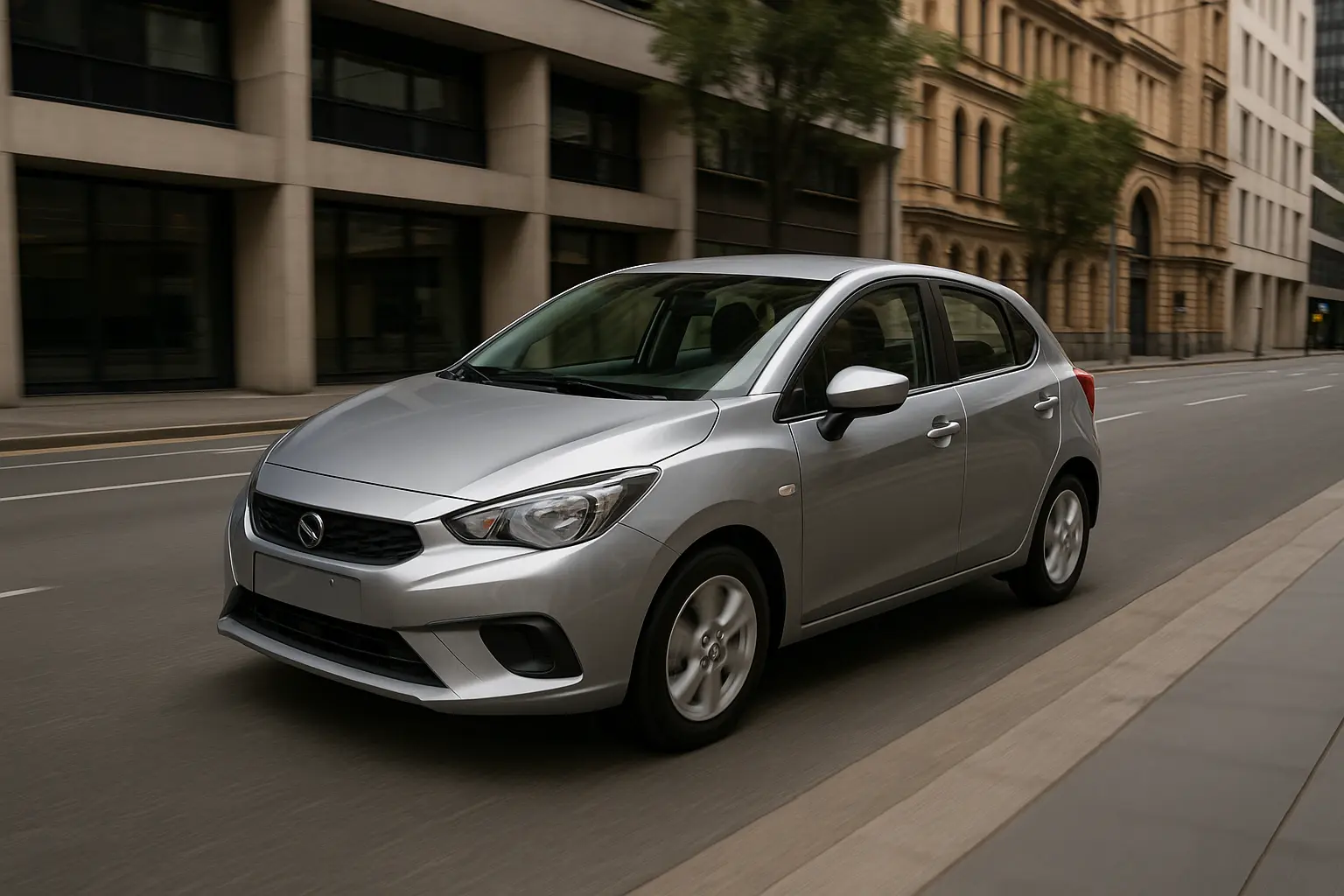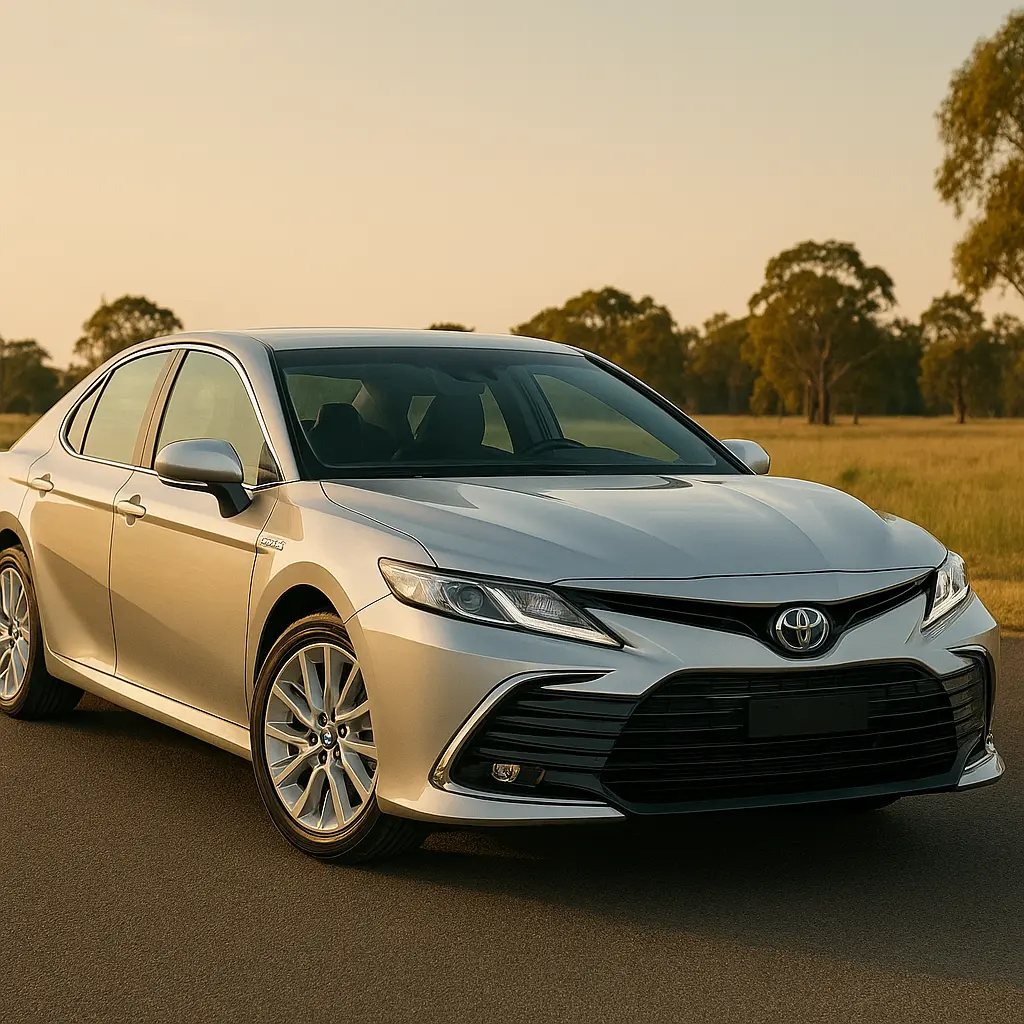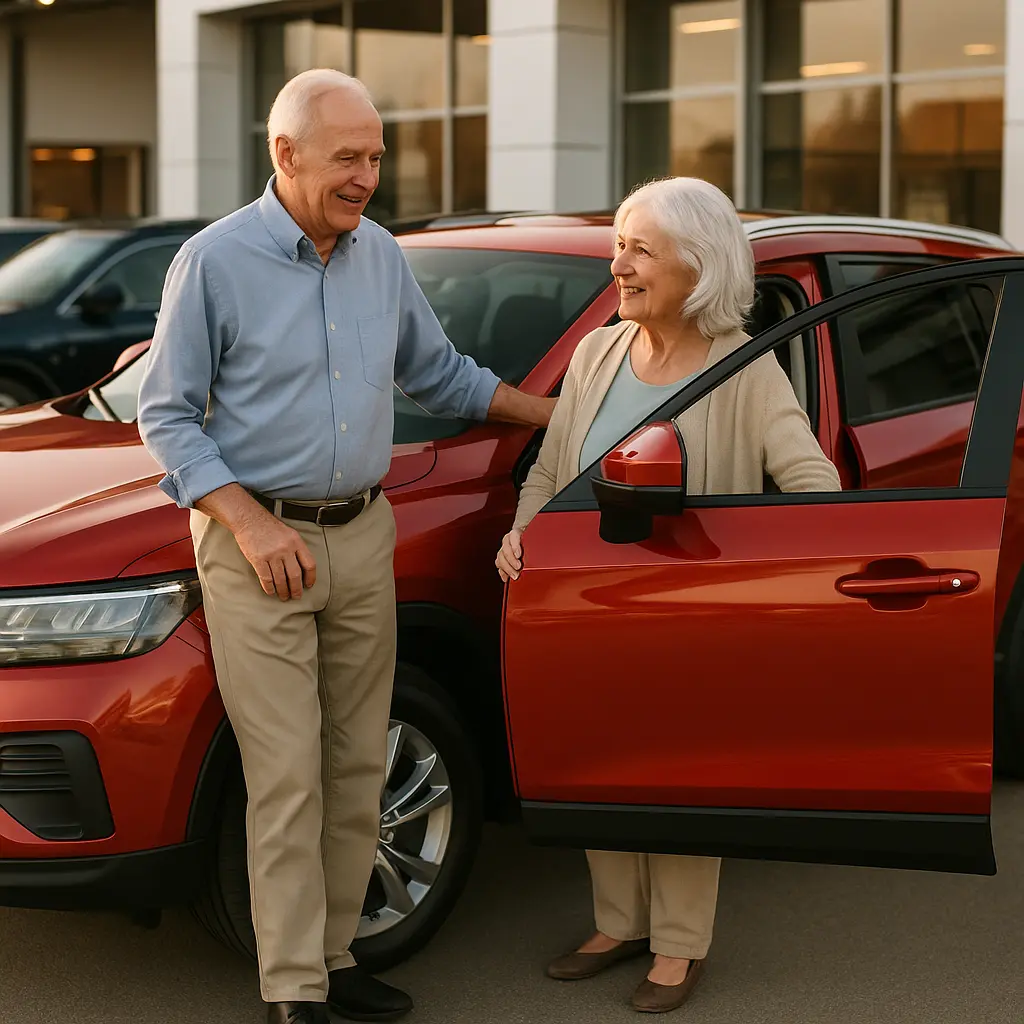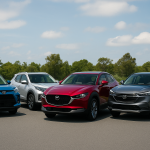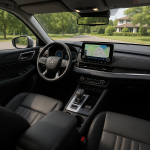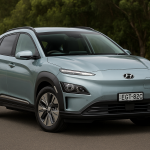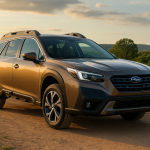City driving in Australia comes with its own unique set of challenges: narrow streets in suburbs, high-density CBD traffic, costly parking, and rising fuel prices. Choosing the right car makes all the difference. A vehicle that’s compact, easy to manoeuvre, and efficient on fuel (or electricity) can transform your daily commute from stressful to seamless.
This guide explores the best cars for city driving in Australia. We’ll cover small hatchbacks, affordable hybrids, compact SUVs, and electric city cars, with a focus on practicality, running costs, comfort, and ease of ownership. Whether you’re a student in Melbourne, a young professional in Sydney, or a family needing a second car in Brisbane, you’ll find valuable insights here.
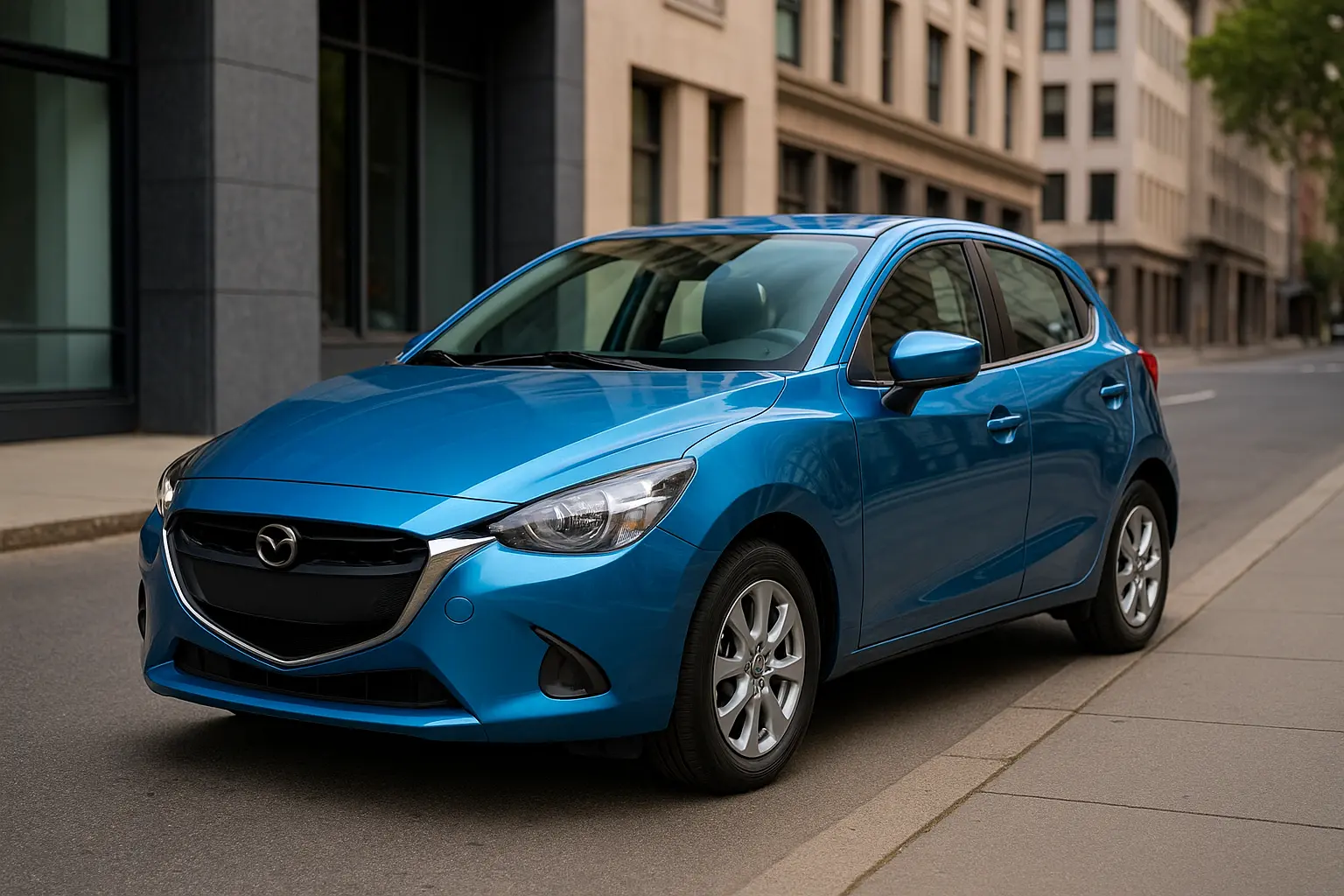
Why City Driving Demands a Special Kind of Car
Urban driving is very different from long-distance highway trips or rural off-roading. Here are the main factors that matter when picking a city-friendly car:
Size and Parking: Compact cars make it easier to squeeze into tight spots and multi-storey car parks.
Fuel Efficiency: Stop-start traffic increases fuel consumption. Hybrid or efficient petrol hatchbacks help keep costs down.
Agility: Light steering and good turning circles are crucial for quick manoeuvres in traffic.
Technology: Features like reverse cameras, parking sensors, and lane-keep assist make urban driving less stressful.
Running Costs: Low insurance premiums, affordable servicing, and efficient engines matter for city budgets.
Compact Hatchbacks – The Urban All-Rounders
Hatchbacks have long been the go-to cars for city driving in Australia. They are small, affordable, and easy to live with.
Toyota Yaris
Why it works in the city: With its tight turning circle and excellent fuel economy (around 5.4L/100km for petrol, even better with hybrid), the Yaris is perfect for congested roads.
Standout feature: Toyota’s hybrid option gives you EV-like efficiency without range anxiety.
Mazda 2
Why city drivers love it: Mazda’s smallest car combines nimble handling with a stylish interior. Its compact size makes parking a breeze.
Economy: Around 5.0L/100km, making it one of the most frugal small cars.
Kia Picanto
Why it’s popular: One of the most affordable cars in Australia, the Picanto is compact, cheerful, and surprisingly fun to drive.
Urban edge: Its small footprint means it can slip into spots most larger cars simply can’t.
Compact SUVs – Extra Height, Still City-Friendly
Australians love SUVs, but for the city, a smaller crossover is more practical.
Hyundai Venue
City appeal: Raised driving position for better visibility, yet still shorter than a standard hatch.
Value factor: One of the cheapest SUVs to buy and run in Australia.
Toyota Yaris Cross
Best of both worlds: Combines the Yaris hatchback’s efficiency with SUV practicality.
Hybrid option: A major advantage for urban commuters concerned about fuel prices.
Mazda CX-3
Stylish and sharp: Perfect for those who want SUV practicality in a compact form.
Driving feel: Sporty handling makes it enjoyable even in stop-start traffic.
Hybrids – Ideal for Stop-Start Traffic
Hybrid cars shine in city driving because their electric motors handle low-speed stop-start traffic, cutting fuel use drastically.
Toyota Corolla Hybrid
Efficiency: Around 4.2L/100km, perfect for urban commutes.
Why it works: Comfortable, spacious, and equipped with Toyota’s proven hybrid reliability.
Honda Civic e:HEV
Smart tech: Automatically switches between EV and petrol modes.
City benefit: Smooth acceleration and very quiet in traffic.
Electric Vehicles (EVs) – The Future of City Cars
With Australia’s growing EV charging network, small electric cars are becoming realistic city options.
MG4 EV
Why city buyers like it: One of the most affordable EVs on the market, with good range (up to 450km).
City edge: Zippy acceleration, compact size, and cheap running costs.
BYD Dolphin
Budget EV: Compact, practical, and aimed directly at city drivers.
Running costs: Electricity is far cheaper than petrol for daily commutes.
Mini Electric
For style lovers: A premium, fun-to-drive EV designed for urban environments.
Compact dimensions: Perfect for navigating city laneways.
Fuel Efficiency – Why It’s a Game-Changer in Cities
Even a small difference in fuel economy can add up for city drivers. For example:
Driving 15,000 km per year in traffic at 8.0L/100km costs far more than in a car that uses 5.0L/100km.
Hybrids and EVs help drivers cut weekly fuel bills dramatically.
That’s why models like the Toyota Yaris Hybrid or Hyundai Ioniq 5 (EV) stand out for urban commuters.
Key Features to Look for in a City Car
When comparing models, focus on features that make daily commuting easier:
Parking Tech: Rear cameras, 360-degree cameras, and sensors.
Safety Systems: Automatic emergency braking and blind-spot monitoring.
Infotainment: Apple CarPlay and Android Auto for navigation.
Comfort: Supportive seats and good air-conditioning for traffic jams.
Best Cars by Budget
Under $20,000 – Entry Level
Kia Picanto
MG3 hatch
$20,000–$30,000 – Value Picks
Mazda 2
Hyundai Venue
Toyota Yaris
$30,000–$40,000 – Hybrids & Premium Hatchbacks
Toyota Corolla Hybrid
Honda Civic e:HEV
$40,000+ – Electric City Cars
MG4 EV
BYD Dolphin
Mini Electric
Ownership Costs for City Cars
Running a car in Australia’s cities involves more than fuel. Consider:
Insurance: Hatchbacks and small hybrids tend to have cheaper premiums.
Servicing: Some brands (Kia, Hyundai, Toyota) offer capped-price servicing.
Depreciation: EVs and hybrids hold value better in urban areas where demand is rising.
Registration: Smaller, efficient vehicles often mean lower rego fees in many states.
Final Thoughts – Choosing the Right Car for Your City Lifestyle
The best car for city driving depends on your needs:
Students/first-time buyers: Kia Picanto, MG3, Hyundai Venue.
Eco-conscious commuters: Toyota Corolla Hybrid, Honda Civic e:HEV.
Tech-savvy urbanites: BYD Dolphin, MG4 EV, Mini Electric.
If you prioritise easy parking, fuel savings, and stress-free driving, compact hatchbacks, small SUVs, hybrids, and affordable EVs should be at the top of your list.
Leave a comment
Your email address will not be published. Required fields are marked *


